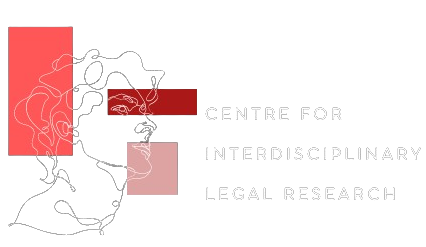A Centre for Interdisciplinary Legal Research has been established at the Faculty of Law and Administration.
This is a new research unit of the Faculty, which will conduct integrated research on law by combining methodologies developed by different scientific disciplines (e.g. sociology, political science), while supporting itself with contemporary digital tools. In the first instance, it is our project on the French Commercial Code within OPUS 24 that will be the focus of the Centre’s scientific work in the near future.
The Centre will place particular emphasis on promoting a comparative perspective in the study of law, both vertically (comparing the development of institutions in different historical periods) and horizontally (comparing different legal cultures). It remains the ambition of the Dean and the Centre’s staff to closely involve representatives of the international academic community in scientific endeavours, as well as in creating a platform for the exchange of experiences and co-organising conferences.
Indeed, the Centre has the potential to become an important link in the Faculty’s international cooperation, as demonstrated, for example, by the recent visit in October of Prof. Sylvain Soleil from the University of Rennes, which was one of the initiatives of the organisers of the then planned Centre. The European map of partner universities includes such academic centres as the Universities of Oslo, Ghent, Regensburg, Bonn, Lille or Paris’ Panthéon-Assas and École normale supérieure. The centre is a unique entity not only nationally, but also internationally.
The Faculty Council has elected Anna Klimaszewska, PhD, as the Centre’s head.


